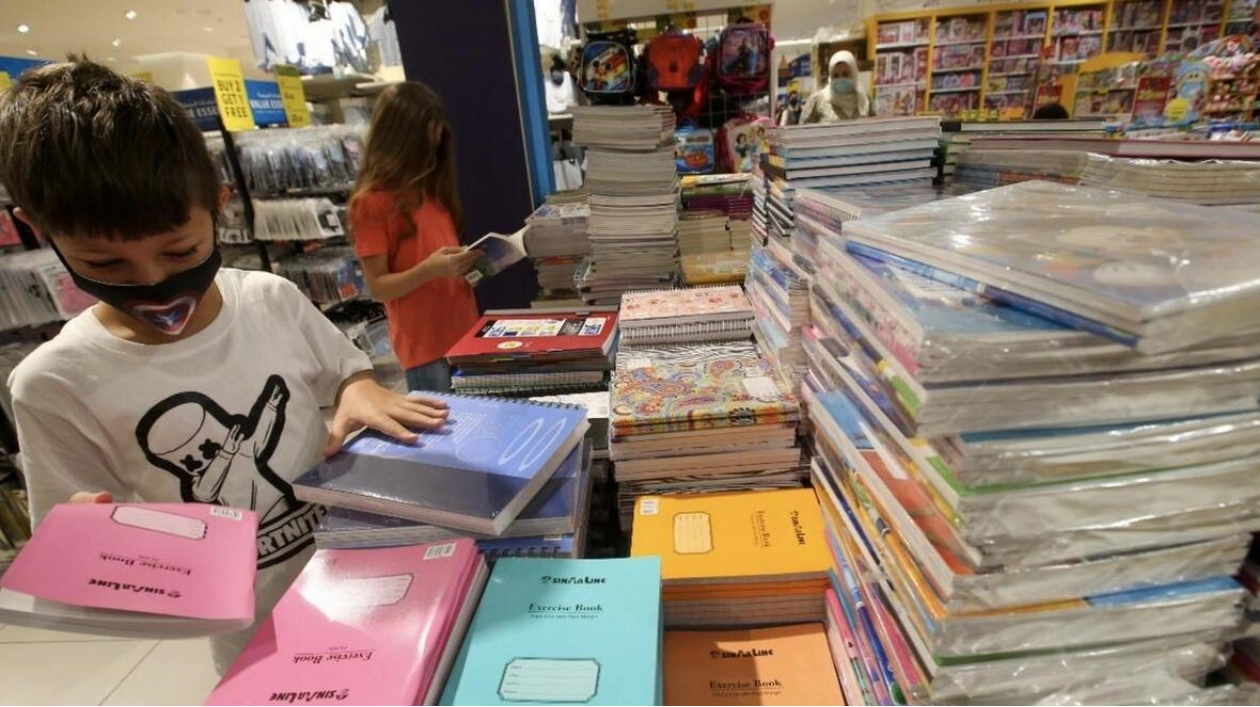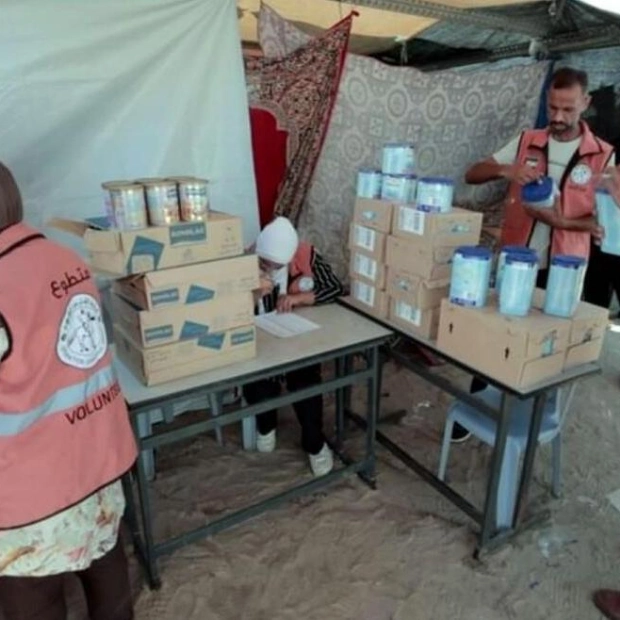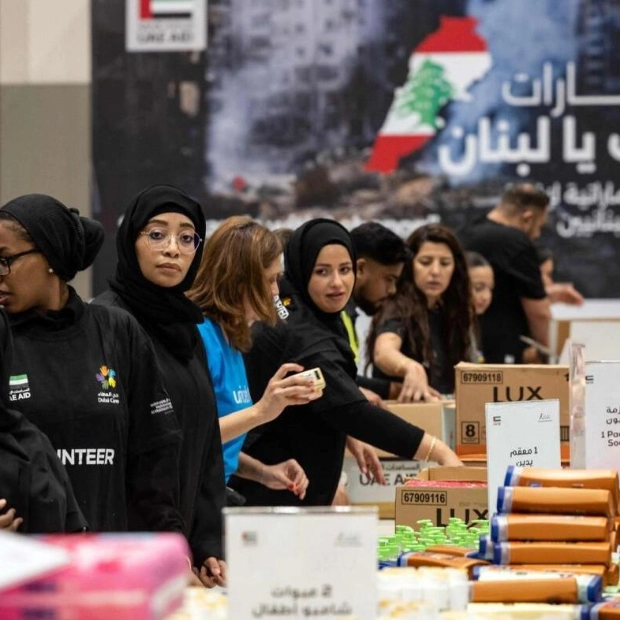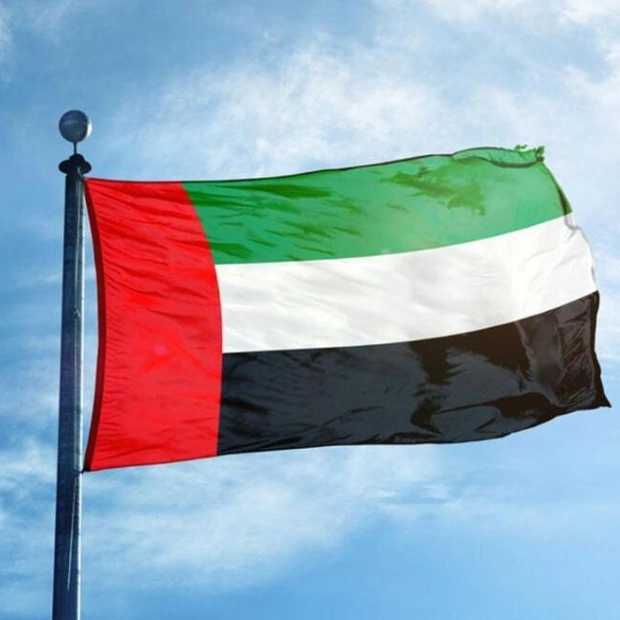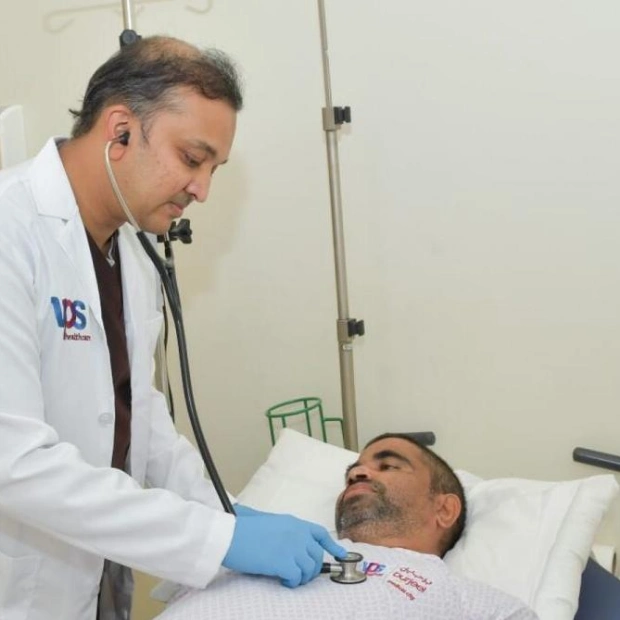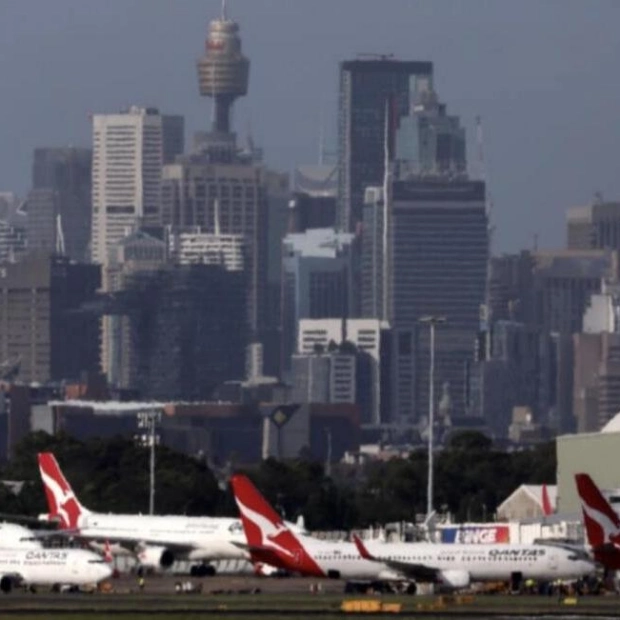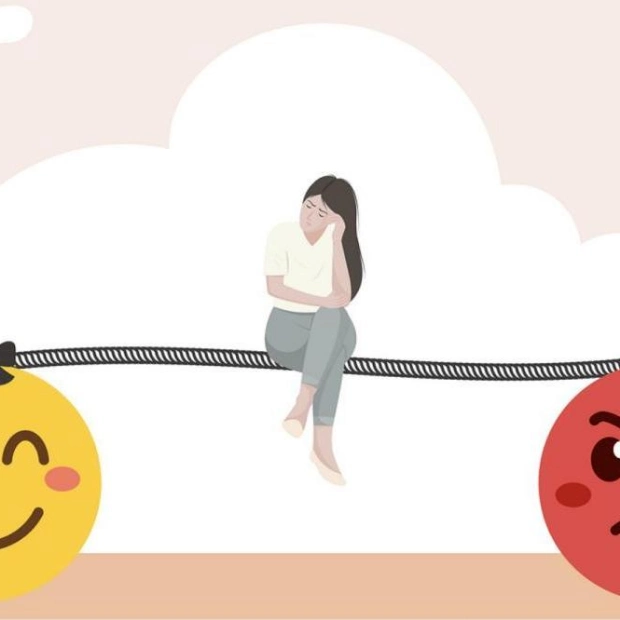As families in the UAE conclude their summer vacations and return home, health professionals are expressing worries about the potential health hazards for children due to shifts in weather and environment. Children who accompanied their families on trips from diverse global regions were exposed to varying climates, making them more vulnerable to diseases as they readjust to the UAE's climate. As the country transitions from summer heat to a cooler autumn, the varying weather conditions may pose a risk to children who have visited cooler or more temperate regions. The return to the UAE's still-warm environment, along with the onset of cooler nights, can result in illnesses, according to medical experts.
"Exposure to various climates or environments during holidays can increase the risk of illness. Children's immune systems may not be fully adapted to new pathogens or environmental conditions they encounter abroad," explained Dr. Amjad Mouhammad Haider, a consultant pediatrician at International Modern Hospital Dubai. He also noted that the stress of travel, changes in routine, and exposure to different weather patterns can make children more susceptible to infections. Common health issues after returning from travels abroad include respiratory infections, gastrointestinal issues, skin conditions, parasitic infections, jet lag, and fatigue.
"Common illnesses include the common cold, acute pharyngitis, and coughs, which can occasionally progress to acute bronchitis or even pneumonia. Changes in diet, such as consuming unhealthy or undercooked food, can lead to gastrointestinal issues like acute gastroenteritis," said Dr. Noher Moustafa, a pediatric specialist at Medeor Hospital in Abu Dhabi. She also explained that acute gastroenteritis may cause symptoms such as abdominal pain, vomiting, diarrhea, or even more severe conditions like dysentery. Jet lag for adults and especially children can have an impact on their routine as well, which may affect their health. "Time zone changes and long travel durations can lead to sleep disturbances and general fatigue, which may weaken the immune system," said Dr. Haider.
It is recommended to get vaccinated before traveling to certain areas, but post-travel vaccinations might also be necessary in some cases if the child was exposed to specific diseases, said Dr. Noher. Dr. Fiaz Ahamed, an infection control specialist at Thumbay University Hospital, emphasized the importance of the seasonal flu vaccine. "As winter approaches, respiratory infections like flu and pneumonia rise," said Dr. Fiaz, adding, "The seasonal flu vaccine helps protect your body against common strains. The RSV vaccine is also recommended, particularly for young children at higher risk."
"To strengthen their immunity, it is important to ensure that children receive all mandatory and optional vaccines, especially the flu vaccine at the start of the winter season. It's also crucial to raise awareness among parents about the importance of immunization," stressed Dr. Fiaz. Dr. May Shaker, a general practitioner in vaccination at Zulekha Hospital echoed the same advice. "We advise parents to give the seasonal flu vaccine not only to children, but also to the mother, father, and infant who is more than six months old."
Dr. Shaker also urged parents to get the vaccines before starting school. "The best time is the beginning of September. As for the children who did not receive the vaccine, it will have a negative impact on the children who took the vaccine," she said. Parents are also advised to monitor changes in their child’s behavior or health, especially in the first week after returning to the UAE. It is also important to ensure that the child is well-hydrated and continues to eat a balanced diet, so their body can recover and adjust.
"Allow your child plenty of time to rest, especially if they are experiencing jet lag or fatigue. If your child shows signs of illness, consult a healthcare provider," said Dr. Haider.
